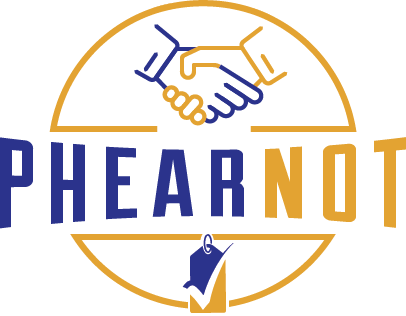
Advancements In Pain Management You Should Know About
Pain management has witnessed remarkable advancements in recent years, transforming how pain is understood and treated. These innovations offer new hope and possibilities for those suffering from chronic pain, a condition that affects millions worldwide. This article explores the latest advancements in pain management, shedding light on how these developments reshape the landscape of pain therapy.
Understanding Pain Management
Pain management is a complex discipline aiming to ease suffering and boost quality of life for those experiencing pain. It involves a comprehensive approach, combining various methods to address pain’s physical, emotional, and psychological aspects. Traditional pain management techniques have included medication, physical therapy, and surgical interventions. However, the field is evolving rapidly, with new technologies and therapies offering more effective and personalized pain relief solutions.
Advancements in Pain Management
The scene of pain management is undergoing a revolutionary transformation thanks to a series of groundbreaking advancements, according to one of the most important pain management specialists in the U.S., doctor Jordan Sudberg. These innovations, ranging from high-tech wearables to cutting-edge medical treatments, are reshaping our approach to pain relief, offering more effective, personalized, and less invasive options.
As we delve into the details of these advancements, it becomes clear that the future of pain management is not just about alleviating symptoms but also about enhancing the overall quality of life for those suffering from chronic pain. Below is a list of some of the most significant developments in this dynamic field, each representing a leap forward in our ongoing battle against pain.
Smart Wearables and Implants
The integration of smart technology into wearables and implants has revolutionized pain management. Smart patches and implantable stimulators can now deliver targeted pain relief through electrical stimulation or medication release, controlled via smartphone apps. These devices are more convenient and allow for real-time monitoring and adjustment of therapy, ensuring optimal pain control.
Gene Therapy
Researchers are exploring gene therapy as a novel approach to pain management. By altering specific genes within the body, it’s possible to reduce pain sensitivity or interrupt pain signals. This method holds great promise for treating conditions that are currently difficult to manage, such as neuropathic pain.
Virtual Reality Therapy
Virtual Reality seems to become a powerful pain distraction and management tool. VR environments can divert a patient’s attention away from pain, reducing their perception of it. This technology is particularly effective in managing acute pain during procedures and for burn patients during dressing changes.
Regenerative Medicine
Progress in this field, including stem cell therapy and platelet-rich plasma (PRP) injections, is showing potential in treating chronic pain, especially in conditions like osteoarthritis. These therapies promote the healing and regeneration of damaged tissues, offering long-term relief.
AI and Machine Learning
Today, they are being used to personalize pain management strategies. By analyzing large datasets, AI can predict pain patterns, optimize medication dosages, and suggest the most effective therapies for individual patients.
Non-Opioid Medications
In response to the painkiller crisis, there has been a significant push towards developing non-opioid medications for pain management. These new drugs aim to provide adequate pain relief without addiction risks and other side effects associated with opioids.
Neuromodulation Techniques
Neuromodulation techniques have advanced significantly, such as Transcranial Magnetic Stimulation (TMS) and Spinal Cord Stimulation (SCS). These methods modulate nerve activity to alleviate pain and are becoming increasingly precise and minimally invasive.
Pain Management Apps
Mobile applications designed for pain management are becoming more sophisticated. These apps help patients track their pain levels, offer guided relaxation techniques, and provide educational resources. They also facilitate better communication between patients and healthcare providers.
Nanotechnology
Nanotechnology is being explored for targeted drug delivery systems in pain management. Nanoparticles can be engineered to deliver medication directly to the site of pain, maximizing efficacy while minimizing systemic side effects.
Acoustic Wave Therapy
Acoustic wave therapy, a non-invasive treatment using sound waves, is gaining attention for its ability to treat chronic pain conditions like fibromyalgia and myofascial pain syndrome. This therapy works by stimulating blood flow and tissue healing.
The Bottom Line
The advancements in pain management are a testament to the incredible strides in medical science. From smart wearables to gene therapy, these innovations are enhancing pain treatment’s efficacy and offering more personalized and less invasive options. As technology and medicine evolve together, they transform the lives of those burdened by chronic pain, offering them a future where pain is no longer an insurmountable obstacle but a manageable condition. With continued research and development, the future of pain management looks brighter than ever.






